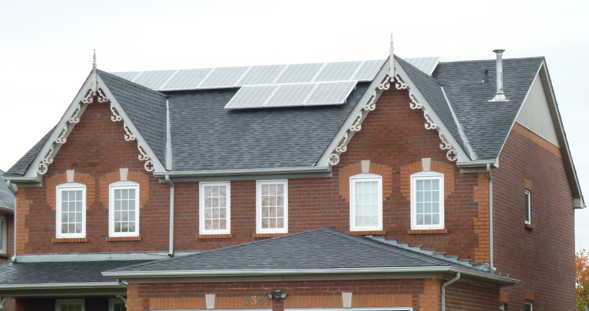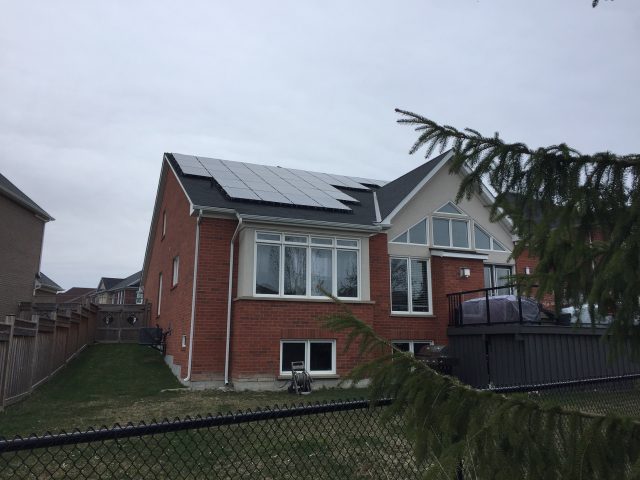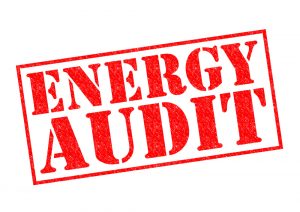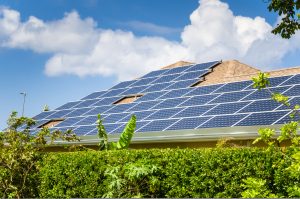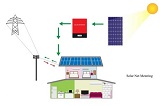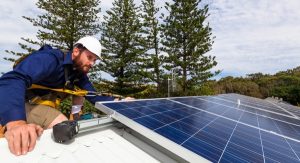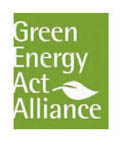April 30, 2023 update. Canadians have now submitted more than 310,000 applications to the program’s portal, and over 66,200 homeowners have received a total of $262 million in grant funding, with an average loan amount of $24,000 per home.
Canada’s Greener Homes Grant is a program that can save homeowners money when they invest in energy-efficient upgrades like renewable energy or new doors and windows.
Under this newly announced initiative, eligible homeowners can claim up to $5,000 to make energy-efficient retrofits to their primary residences, and up to $600 to offset the cost of home energy evaluations. But hurry, funds are available on a first-come, first-served basis!
The grants, launched by Prime Minister Justin Trudeau and Natural Resources Minister Seamus O’Regan on May 27, represent part of the Liberal government’s climate change agenda, A Healthy Environment and a Healthy Economy. Here’s how you can take advantage of this program.
Who Is Qualified to Participate?
Eligible homeowners in Canada, no matter where they live, can take part in this initiative. Only one homeowner per home can register. You will need to provide written documentation certifying that you own the home and prove the property is your primary residence by showing a government-issued ID or utility bill.
The following groups are also eligible applicants under the initiative:
- Indigenous governments or organizations
- Housing management bodies partnering with Indigenous organizations
Applicants who meet the above criteria may be able to register multiple houses, including ones that are not the owner’s primary residence.
Qualified property types for the program include:
- Single and semi-detached houses
- Row housing
- Townhomes
- All-season cottages
- Mobile homes on a permanent foundation
- Permanently moored houseboats
- Residential portions of mixed-use buildings
- Small multi-unit residential buildings
How to Get a Home Evaluation
After determining your eligibility, your next step is to schedule a home evaluation with a certified EnerGuide adviser. Under this program, homeowners who start upgrading their property without first getting a home energy assessment are not eligible for the rebate.
Your EnerGuide adviser will assess your household’s typical energy use and suggest updates to decrease your carbon footprint and save you the most money. For example, after inspecting your home, your adviser might recommend making changes like these:
- Installing renewable options like solar panels or geothermal heating and cooling
- Adding interior or exterior insulation
- Investing in new, energy-efficient windows, doors and skylights
- Purchasing Energy Star-rated water heaters, furnaces and boilers
- Sealing drafts
Requirements Affecting Eligibility
Once you complete at least one of the recommended improvements on your list, you will need to have a follow-up inspection by a registered EnerGuide adviser to qualify for rebates on your project. EnerGuide evaluations completed before Dec. 1, 2020, will not be eligible for reimbursement.
All upgrades must be purchased in Canada, and online purchases are only eligible if they are located in Canada. Homeowners are responsible for ensuring any contractors they hire to carry out home retrofitting projects have the necessary licensure and permits.
Finally, program participants should keep all receipts, invoices and other documentation related to their home improvements until March 31, 2028.
Are Solar Panels a Smart Investment for Your Home?
If you’re looking to make an energy-efficient change that will improve your property’s resale value and pay for itself over time, learn more about solar panels in Ontario and request free quotes from experienced solar panel installers today.


